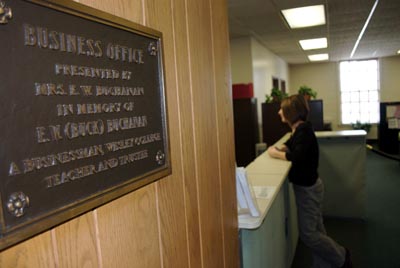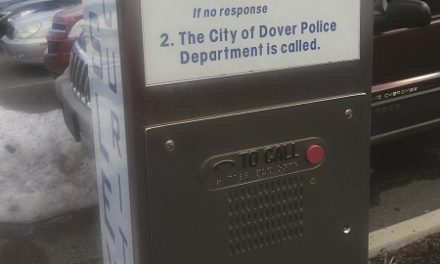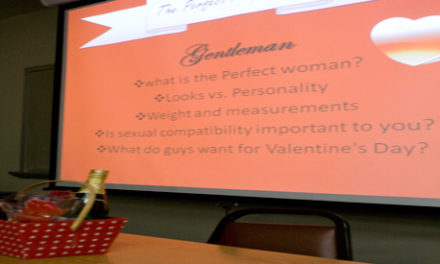By Merete Aanes (Whetstone Staff Writer)
Balancing work and finances may not come easy to some students. In addition to their course loads, some students juggle a job and have to pay bills.
“I work between 24 and 60 hours a month as a certified nursing assistant in Annapolis, Md.,†said junior Lauren Koepper.
Freshman Melissa Savin still lives at home, so her parents pay for her food and utilities, while she pays for everything else.
“I have a job and work about 19 hours a week,†she said.
Freshman Sherrese Watson explained that she has had to cut back on spending because she does not make enough to cover all her bills.
“I work 40 hours a month through work study,†she said.
When students move away from home, many get financial support from their families to pay for insurance, cars and tuition.
“I pay for things like gas, textbooks, and necessities,†Koepper said. “My parents pay my tuition and insurance, but they won’t just give me money.â€
Koepper spends a lot of money on gas every month because she often goes home for work.
“I’ve had to cut down on shopping, and instead have been focusing on saving before I can spend,†she said.
Although many students are not completely on their own, college life gives them a taste of what real life will be like after graduation.
“I have had bad savings issues,†Koepper said. “But I have gotten better. Now I only get the things that I need.â€
Kearney, whose significant other is in the military, feels the couple’s personal economy is good because of the security.
“My parents still help support me financially,†she said. “They still pay for my car insurance, school and cell phone bill.â€
When students move away from home, they realize how much money goes toward food and other necessary items.
“The little things add up at the end of the month,†Kearney said. “They usually come in first behind food.â€
Some students learn to save up money for things they want.
“I usually can afford what I want, just not always when I want it,†Savin said. “I have to work to make the money, which sometimes can take a little longer than I had hoped. So I sometimes have to cut back or wait for things.â€
Students not living on campus usually live with friends or a girlfriend or boyfriend, enabling them to share expenses for food and bills.
“I feel [my personal economy] is good just because my significant other is in the military, which provides security for us,†Kearney said. Although, knowing the current condition of the economy, we are trying to save more money for emergencies.â€






